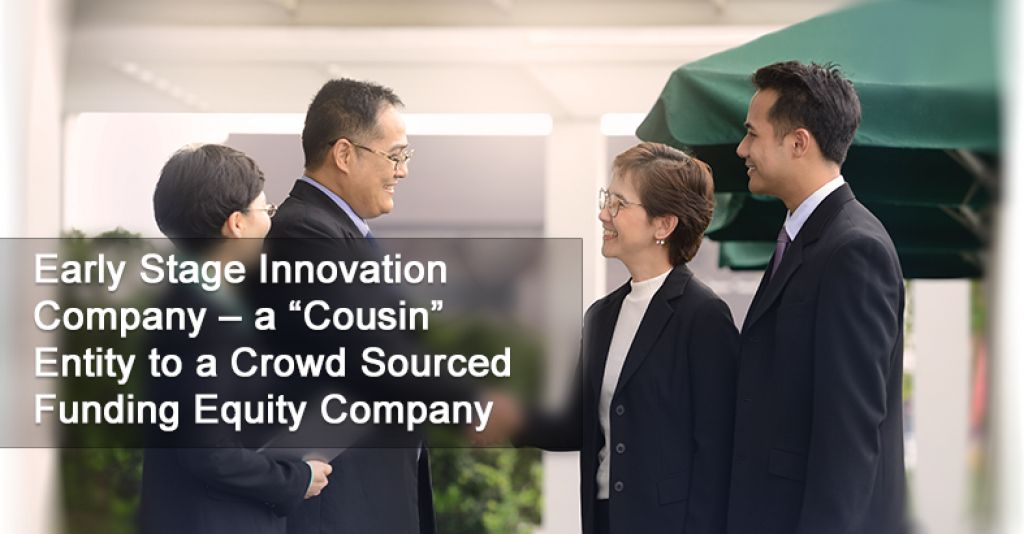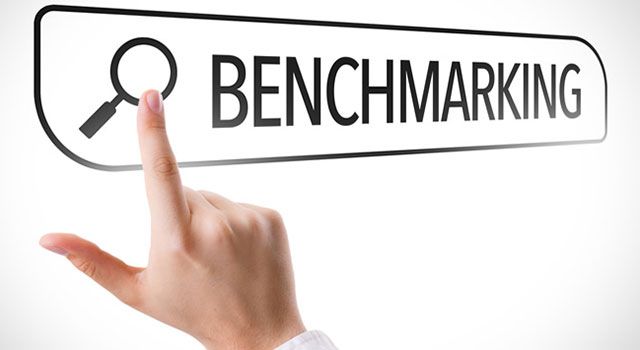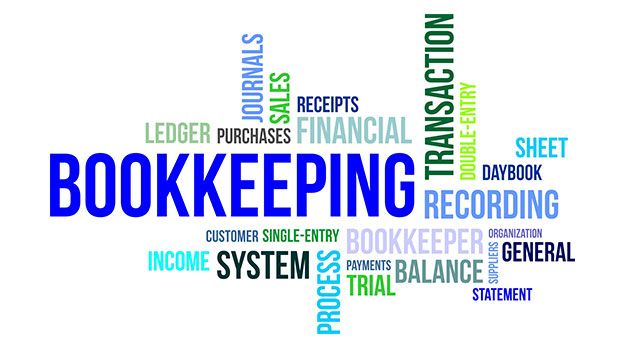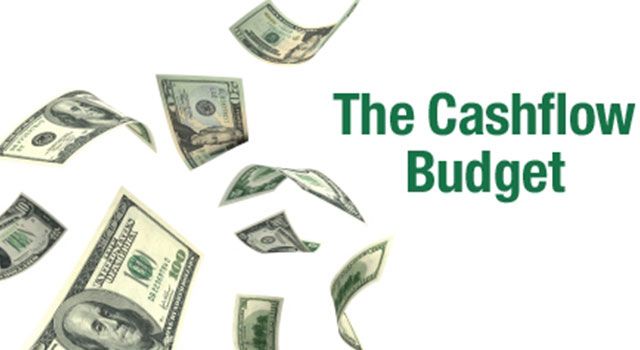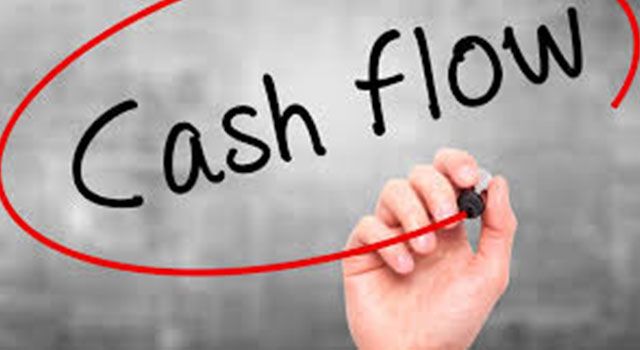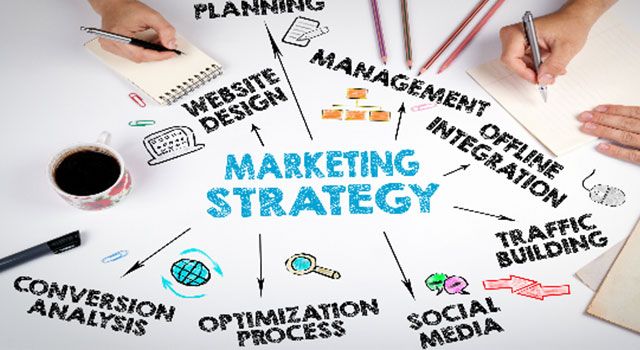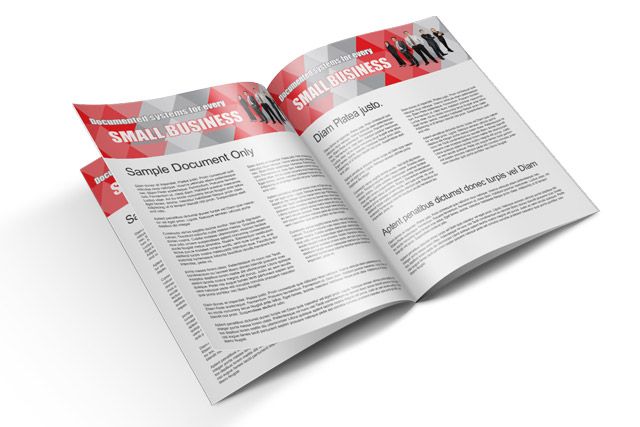Early Stage Innovation Company – a “Cousin” Entity to a Crowd Sourced Funding Equity Raising Company
Empowering SMEs (Issue 038)
When the then Australian Prime Minister, Malcolm Turnbull announced the Coalition Government’s Innovation Policy in December 2015 he indicated that two new types of corporate entities would be established.
These entities were:
- Early Stage Innovation Company which required amendments to be made to the Income Tax Act
- Crowd Sourced Funding Equity Raising which required amendments to be made to the Corporations Act
An Early Stage Innovation Company status can grant to eligible investors the opportunity to be able to claim a tax rebate on the value of their investment (subject to limitations) and these original investors may be entitled to avoid Capital Gains Tax on their initial investment in the company.
If the company has developed a new product, process, service, marketing or organisational methods and:
- The company is under 3 years of age
- Expenditure of the company and its 100 % subsidiaries was under $1 million in the income year before the current year and
- Assessable income for the company and its 100% subsidiaries was under $200,000 in the income year before the current year and
- The company was not listed on a stock exchange anywhere in the world
If the company has passed this series of tests the company may then move into the following tests:
- Gateway test
If the company has undertaken various activities it can earn points. If the points earned exceed “100” the company can qualify under the “Gateway Test”.
Points can be earned from:
Research and development expenditure
- The company having been admitted to the Accelerating Commercialisation Grant
- The company having been admitted to an Accelerator Program
- The company has attracted investment of at least $50,000 in share capital subscriptions from arm’s-length investors
- The company owns a patent or a plant breeder’s right
- The company owns an innovation patent or a registered design
- The company has entered into agreements to commercialise its products with certain organisations listed in a schedule to the Higher Education Funding Act or the Industry Research and Development Act.
If the company fails to qualify under the “Gateway Test” it may then utilise the “Principles Based Test” to determine whether the company might be eligible to be deemed an Early Stage Innovation Company.
The “Principles Based Test” requires 5 questions to be answered positively if the company is going to be able to qualify under the Principles-based Test. These questions relate to:
- Is the company genuinely focused on “commercialisation of products processes or services”?
- Does the company have “high growth potential”?
- Can the company successfully “scale up the business”?
- Will the company’s products appeal to “broader than the local market”?
- Does the company have a “competitive advantage”?
The test requires the company to be able to substantiate its answers to each of these questions. The Taxation Office encourages companies to submit answers to these questions together with supporting evidence to the Australian Taxation Office for a ruling as to whether the company qualifies as an Early Stage Innovation Company.
Benefit For Investors
There are 2 categories of investor for an Early-Stage Innovation Company:
- Retail Investor is an investor who is not deemed to be a Sophisticated Investor. The maximum investment that a retail investor can make in a company in a 12 month period is $50,000.
- Sophisticated Investor is someone who qualifies under the definition of a sophisticated investor under the Corporations Act
Tax Rebate
The tax rebate is 20% of the investor’s investment in the company up to the investment category limit (this means that the maximum tax rebate for a retail investor is $10,000) and the maximum tax rebate for a sophisticated investor is $200,000.
Exemption From Capital Gains Tax
The exemption applies to the original owners of the shares if they hold the shares in the company for longer than 12 months and less than 10 years there is no capital gains tax paid on the sale of the shares.
- Because of the taxation benefits for investors that comply with the eligibility criteria for the Early-Stage Innovation Companies it is desirable to check to see if the company qualifies before proceeding with a Crowd Sourced Funding Equity Raising Process.
- This is just an overview of the Early-Stage Innovation Company Category. We have prepared a full product package to guide a company through the eligibility tests. If you would like further information please contact ESS Small Business.
Click here if you wish to learn more about Crowd Sourced Funding Equity Raising or go to our website: www.esssmallbusiness.com.au/crowdsourcedfunding/learnmore
We have discounted our Crowd Sourced Funding Equity Raising Products by 40% for the month of July 2019, please click here to view our special.
If you have any questions, please send and email to peter@essbiztools.com.au or telephone Peter on 1800 232 088.
